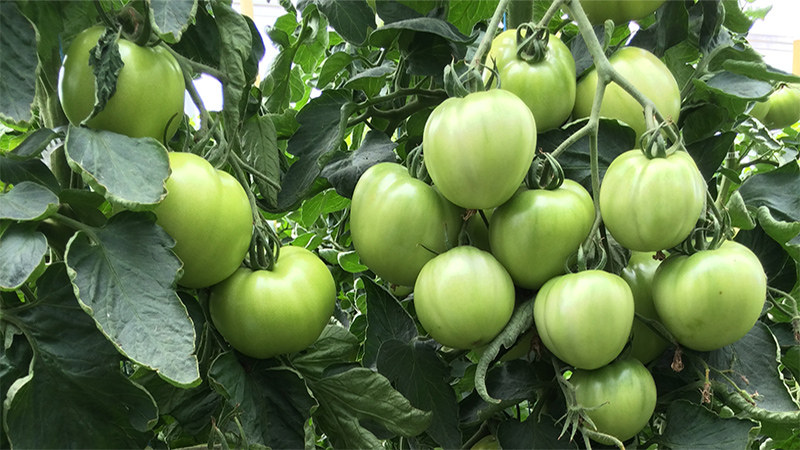Bayer Bets On AI to Speed Crop Protection Discovery
Arming farmers with innovative crop protection tools powered by a faster data-driven system is the focus of a new collaboration between technology platform company Kebotix and Bayer.
The partnership – which follows a similar announcement by Syngenta and Insilico Medicine in February – addresses the relative dearth of new active ingredients being commercialized in recent years, a dynamic that is putting pressure on farmers to find agronomic solutions to pest pressures, compounded by heightened regulatory scrutiny and increasingly restrictive MRLs on legacy chemistries.
Cambridge, MA-based Kebotix, a Harvard spin-out that came out stealth in late 2018, led by CEO Dr. Jill S. Becker, uses artificial intelligence (AI), machine learning and robotics to accelerate the discovery of new chemicals. Those discoveries can then be used by researchers within Bayer’s Crop Science R&D program to advance new crop protection solutions.
“Early phase projects often have unexplored chemistry which requires a lot of time to find its best or most effective use,” Becker said in a statement. “Our AI tools not only optimize chemical reactions, but discover paths to higher yields, positively affecting the bottom line in direct and multiple ways.”
“AI-augmented automated infrastructures have the potential to provide us with a totally new scale of support to unlock challenging chemistries,” said David Bernier, Science Fellow, Bayer Crop Science, R&D Disease Control Chemistry. “We believe this support will enable our chemists to deliver faster innovative solutions to serve agriculture. The visionary team at Kebotix supports us in turning this aspiration into a reality. We feel confident having them on our side along this journey.”
Kebotix is known for having developed the world’s first self-driving lab for materials discovery powered by AI and robotics. The AI platform was recognized as a ‘breakthrough technology of 2020’ by MIT Technology Review.
Syngenta announced Feb. 3 that it will collaborate with artificial intelligence software company Insilico Medicine to find, isolate, and synthesize new molecules while accelerating the early-development timeline a targeted 20%.
“We are expecting an impact on the early steps, specifically the ability to identify different molecules in a shorter time,” Camilla Corsi, Head of Crop Protection Research at Syngenta, told AgriBusiness Global Editor Dave Frabotta in an interview in February. “We hope we will realize a 20% savings in terms of time in the research phase, which is currently five to seven years, and the ability to shortcut multiple designs, synthesis, test, and analyze, as well as the ability to identify a smaller set of chemicals that create a greater chance for us to identify the preferred molecule … The diversity of registering molecules would make a huge difference in the types of innovation that we could bring our customers.”






